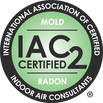Mike's Home Inspector BlogMichael Burfitt |
|
One of the most interesting things about being a home inspector is how there is always something new to learn. As generalists, we simply aren’t experts on everything, and any home inspector who claims to know everything is one to avoid. That doesn’t mean that the desire to learn more isn’t strong! One term I learned recently is patina. Of course, I already knew it by the more commonly used phrase copper corrosion. This is simply how copper turns from orange/brown to green and contrary to most scary articles online, is rarely a concern. In fact, I recently recommended for the first time in my years of business, an evaluation of excess patina to be investigated by a plumber. Here is the world’s most famous example of patina in action: When one thinks of the Statue of Liberty in New York City, we all think of the iconic green color. The simple fact is that the green is NOT what the designer had in mind and the picture on the left is what it would have looked like 100 years ago when it was new: the copper has corroded on the surface giving this green color. As the statue has been monitored and maintained for over 100 and has shown no signs of structual compromise, this can be true for copper water supply lines but a 100 year old copper line should definitely be inspected by a qualified plumber!
Congratulations on taking the step to becoming a homeowner! I know both as a home inspector and a homeowner (well, technically the bank still owns it, but you get the idea), owning a home is a wonderful milestone, especially in this crazy market! It also comes with its fair share of responsibilities and potential headaches that all the shiny real estate brochures tend to gloss over. As a seasoned home inspector, I've seen it all – from minor issues that could have been easily prevented to major problems that could have been costly to fix (think six figures!). To help you navigate your new role as a homeowner, here are four essential insights that I wish every new homeowner knew: Regular Maintenance Saves Money in the Long Run Many homeowners underestimate the importance of regular maintenance. Simple tasks like cleaning gutters, changing HVAC filters (furnace filters need to be replaced every 3 months), and inspecting caulking around windows and doors may seem insignificant, but they can prevent costly repairs down the line. While easier said than done, try to create a maintenance schedule and stick to it to keep your home in top condition. With the snow gone and warm weather on the way, now is the perfect time to plan out a summer maintenance schedule like I just did, and hopefully the rain will stop so I can continue to get more done. Know Your Home's Systems Understanding how your home's systems work can save you from headaches in the future. Take the time to familiarize yourself with the location of:
Know when and how to perform basic troubleshooting, and always have emergency contact information for professionals in case of major issues (trust me: emergencies never wait for your schedule to clear!). (Over) Budget for Repairs and Upgrades
Owning a home inevitably comes with repair and maintenance costs. Create a budget for both expected and unexpected expenses, including repairs and upgrades. Prioritize projects based on urgency and budget constraints and remember to set aside funds for emergencies. Being financially prepared can alleviate stress when unexpected issues arise. Spoiler from a homeowner and home inspector: repairs and renovations almost always cost a lot more than you budget for and the cheap option usually ends up being the costliest. Stay Proactive Don't wait until a minor issue becomes a major problem. Stay proactive by addressing maintenance tasks promptly and addressing any issues as soon as they arise. Ignoring small problems can lead to bigger headaches and expenses down the line. Whether it's a leaky faucet or a cracked foundation, tackle issues head-on to preserve the integrity of your home. I learned this one at an early age working at a home improvement retailer and saw the many faces of distressed homeowners who did not act proactively or tried to cut corners with cheap DIY "fixes". Being a homeowner comes with its challenges, but with proper knowledge and preparation, you can navigate the responsibilities with confidence. By staying proactive, investing in inspections (*ahem* particularly from a Certified Professional Inspector like me!), understanding your home's systems, and budgeting for maintenance and repairs, you can ensure that your home remains a safe and comfortable haven for years to come with minimal surprises. Happy homeownership! Five Golden Rings of Electrical Safety Electrical is probably the most important part of an inspection: while there is no doubt there is an issue when there is a waterfall in the kitchen or a large horizontal crack in the foundation, electrical issues can be difficult to detect by the untrained eye. Here are five that I always look for: Single strand aluminum branch circuits: Not all aluminum wiring is problematic; it's commonly used for electrical conduction due to its cost-effectiveness and lightweight nature. I also look for Knob & Tube (K&T) although it has largely been removed and replaced over the years. Inspection of Electrical Receptacles: Checking a representative sample for missing grounds, reverse polarity, and signs of arcing, such as burn marks. Reporting on the status of Ground Fault (GFCI) and Arc Fault (AFCI) Circuit interrupters: Building and Electrical Codes evolve; retroactive changes are rare. In spite of this, I always suggest updating electrical systems to the latest standards. Assessing DIY Modifications: Any signs of makeshift "improvements," like the use of extension cords for permanent power supply, are noted. System Overview: Assessing the entire system for adequate amperage, checking for undersized wires (oversizing is acceptable but wasteful), and ensuring no reasons exist for the power utility and insurance company to refuse service to the home. Six Geese-a-Laying Insulation Tips In older homes, insulation sometimes becomes an issue due to DIY attempts. While modern homes adhere to updated building codes, some retrofits fall short. For instance, in one inspection of an older brick house, the added insulation was carelessly installed, defeating its purpose. Remember, proper insulation traps air in pockets; compressing it renders it ineffective. Wet fiberglass insulation? Only fit for the trash. More insulation is beneficial, but not when compressed to squeeze more in. Seven Swans-a-Swimming in Plumbing
Plumbing installations by professionals are generally sound, but ongoing maintenance is crucial. Homeowners need to realize that sinks and drains aren't infinite voids. Disposing of inappropriate materials like baby wipes or bacon grease can lead to plumbing issues brewing for years, suddenly surfacing as household disasters. Eight Maids-a-Milking Moisture Concerns Moisture is the ultimate nemesis of homes, fostering rot, mould, and significant damage. The following proactive measures are key:
Stay tuned next week when we conclude this Christmas theme blog and look at four more inspection items. We are currently renovating one of our three bathrooms: we replaced the shower unit, redid the floors, painted the walls and the next step will be to replace the vanity and sinks. When the installers were putting in the new shower, it was observed that there was a rotted subfloor that needed to be replaced. Not a big surprise or expense, but something that should not be ignored. Today’s blog post is a spotlight on bathrooms and some of the things we home inspectors are looking for. Water Damage
I’ve said it many times but will repeat again that water is the #1 enemy of homes. Obviously, a bathroom is by design filled with water using fixtures that are valuable, provided they function as intended. I have identified many leaks during home inspections, but surprisingly the bathroom is rarely the cause. This is likely because most homeowners regularly visit the bathroom and can quickly identify and stop a leak. The two most common causes of water damage are:
GFCI Receptacles Ground-Fault Circuit Interrupters are critical safety features that can prevent death by electrocution (water and electricity don’t mix!). Electrical codes have expanded their use throughout the home but the first room they were required to be installed in was the bathroom. Not only do we always check that they are working properly, but they should also be tested monthly by the homeowner/tenant. Ventilation People are often surprised to learn that the kitchen doesn’t require ventilation, but the bathroom certainly does. A fan (or window) is required to remove the high amounts of moisture, especially after a shower otherwise mould and mildew can quickly take root. There is another type of ventilation we look for: waste pipe (DWV) ventilation. One of the clearest symptoms of inadequate DWV ventilation is gurgling toilets and we can advise further steps if this is detected during a home inspection. Shower/Flooring Tiles A home inspector is not an interior decorator and does not focus on cosmetic issues, but cracked flooring or shower tiles are not only ugly but can provide a means for water to flow where it should not be going. We also don’t comment on things like carpet, but an exception is made for both the bathroom and kitchen as neither should ever have carpeted floors. Improper Drainage While I offer and usually recommend a sewer scope inspection to my clients, they aren’t always necessary to detect problems. The biggest issue I see is slow draining sinks and toilets. If all the sinks and tubs in the home are slow to drain, it is likely a system wide problem that a scope can provide more information about. Luckily most drain issues are isolated to one specific sink or tub and it is often the result of hair that catches debris and while gross, is usually not difficult to clear. Be sure to regularly clean your drains to prevent this from happening. Contrary to certain TV shows, a bathroom leak is usually not detected from a waterfall in the floor below but is usually very slow and subtle. As a home inspector I use thermal imaging, moisture meters and of course good old-fashioned senses to help determine if a bathroom requires further attention from a plumber. As a professional home inspector, my journey has been shaped not only by my keen eye for detail but also by my proficiency in collecting and analyzing data. This skill, honed through many years of experience, has allowed me to derive valuable information from the reports I generate. In this blog post, I'll delve into how my data-driven approach has transformed my inspections, enabling me to make informed decisions, identify trends, and avoid baseless speculation. Harnessing the Data Advantage In a previous role, I experienced a dramatic reduction in my workload by applying my data analysis knowledge, which also granted me the time to pursue my dream of becoming a home inspector. Armed with the insights I've gained over the years; I now use data to support my instincts and bolster my assessments with hard evidence and facts. This approach allows me to provide more comprehensive and accurate home inspections. Identifying Trends: Examples from the Field Let's take a look at some real-world examples of how data has enhanced my ability to conduct inspections:
By consistently collecting and analyzing data on these aspects, I've gained the ability to quickly assess whether a home's features fall within typical parameters or if there's something unique to investigate further. This approach not only streamlines the inspection process but also motivates me to delve deeper into rarer building materials, expanding my knowledge base. I can use this information to better inform clients on the site during the inspection process. The Limitations of Data While data is a powerful tool in the home inspection arsenal, it's crucial to acknowledge its limitations. Data should not be used as a shortcut to draw conclusions without thorough examination. To illustrate this point, let's consider a non-related example: Imagine a casino game of roulette where a screen displays data on past spins, such as the percentage of spins landing on red versus black. This data may seem helpful but is entirely irrelevant because, in reality, the odds of the ball landing on a specific number in each spin never change. It's a constant probability as each spin of the wheel is independent of the last. Bringing it Back to Home Inspections In the world of home inspections, data can reveal statistical trends. For instance, I can share that 3-tab shingles are statistically more likely to have problems than architectural shingles (almost solely based on the fact 3-tab are generally much older), which, in turn, are more likely than metal roofs to present issues. However, the real world is filled with surprises. I've seen homes with old shingle roofs that exhibited no leaks and, conversely, brand-new roofs with leaks. Ultimately, while my knowledge of statistics and data helps me identify trends and streamline my work, it is no substitute for the hands-on inspection process. Home inspections demand a thorough, physical examination of each property, leaving no room for shortcuts or assumptions. In the realm of home inspections, the fusion of expert observation and data analysis is a powerful combination. It empowers inspectors like yours truly to make informed assessments, identify trends, and offer valuable insights to clients. Yet, it's essential to remember that data alone cannot replace the meticulous, on-site examination required to ensure a comprehensive evaluation of a property. The art of home inspection lies in striking the right balance between data-driven analysis and the hands-on inspection experience.
As both a home inspector and a semi-nerd, I always like to collect and analyze data. One benefit of this is that I can identify trends and look for anomalies during an inspection. For example, the most common plumbing DWV (drain, waste & vent) system I see is scientifically known as (C8H8·C4H6·C3H3N)n, better known as Acrylonitrile Butadiene Styrene(ABS) which looks like hard, black plastic pipe. Over 95% of the homes I have inspected contain some amount of ABS. It’s not just a plumbing material either: did you know that all Lego blocks are made of ABS? You can see a small bit of this pipe sticking out of the roof on almost all homes when looking from the street, so this statistic doesn’t surprise me. Probably the second most common thing I see is asphalt roofing shingles and like ABS pipe it provides the best combination of quality and value. Again, probably 95% of the homes I inspect use asphalt shingles, although this number will drop in the future as metal roofs are becoming more popular. There are two types of asphalt shingles: organic and fiberglass, with most now using fiberglass as organic shingles were generally not made after 2006 and completely discontinued in 2011. Now let's take a look at the two major types of asphalt shingles for residential roofs: 3-tab and architectural. I have not begun to track shingle style yet but both are common in Nova Scotia. Three Tab Shingles They are so named because they have three tabs on the bottom part of the shingle. They have a flat, uniform design and look like the picture below. The main advantage of 3 tab is that they are lightweight and generally more affordable. Architectural Shingles These can also be known as dimensional shingles and are thicker, being composed of a more random, textural look that can look more like other materials such as slate and have a somewhat 3D shape. Typically these shingles are more durable and last longer but with the disadvantage of a higher initial cost. In my experience, most homes (my own included) now use this type of shingle. It's Not Quite THAT Simple
There are also various grades of shingles available on the market. Unfortunately, determining the grade of shingle is beyond the ability of a home inspector but it is important to note there is no such thing as "bad" shingles. I always like to joke how every company has a "good, better and best" but never "crappy, less crappy and mediocre". In this case, the former is a good representation of the products on the market and a quality installation is far more important to a long lasting, leak free roof. I am now entering my third year running an independent home inspection company and what a fun ride it has been! I can now confidently say that every home is different, no two homes are alike and one of the most exciting parts of being a home inspector is discovering something new. It is always fun to see a unique feature of a home and to see things that we previously have only seen during training.
However, there are some things that are the same on every inspection and while no two inspector’s skill or background is the same there are some things every inspector should know. It always comes off as a shock when I tell clients that there are zero home inspection regulations in Nova Scotia, and anyone can legally call themselves a home inspector in a week or two. Here is a sample of some questions a home inspector should be able to confidently answer after every inspection. Does This Home Have Concerning Electrical Issues? While we are not electricians, home inspectors should be able to detect most major electrical issues. They include:
What Are the Major Plumbing Materials? Most homes I inspect use copper pipe to bring service in from the street, cross-linked polyethylene (PEX) for distribution and plastic, and either ABS (black) or PVC (white) for wastewater. An inspector should be aware of materials that may or may not be a concern such as:
Does The Home Have Potential Water Infiltration Issues? There is a common phrase I use which is “water is the #1 enemy of homes” and biggest concern I get called about is moisture and the damage it has caused. A home inspector should know that water has many ways to enter a home and some of the many signs of water damage. Like many home inspectors, I use a number of tools as well as all my senses to look for signs of either active or potential water infiltration into the home. While we don't have X-ray vision and leaks can be very difficult to detect, a home inspector should be aware of the various ways unwelcome ways water can enter a home. These are just some baseline areas that all home inspectors should be able to confidently speak of. While we are generalists, not specialists we should have a strong enough knowledge to identify the majority of home defects. Your inspector should answer these three questions either verbally or in a report. |
Archives
July 2024
Categories
All
|
|
Inside Edge Home Inspections Ltd.
Halifax, NS 902-209-9921 [email protected] Proudly Serving the HRM & Central Nova Scotia |
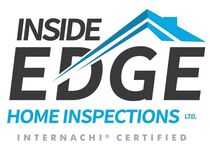



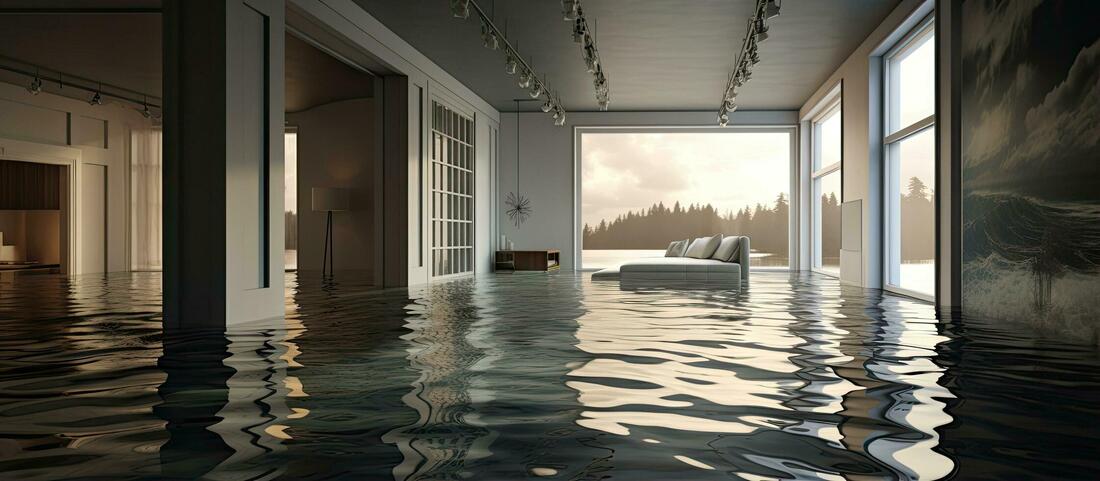
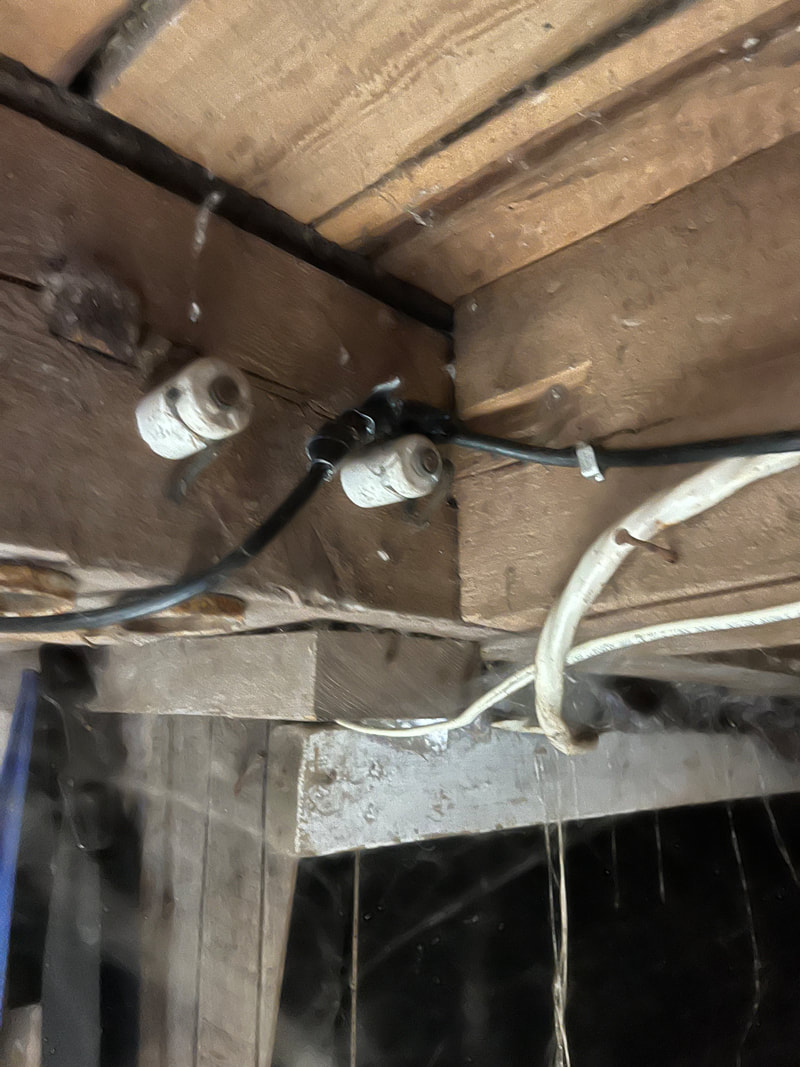
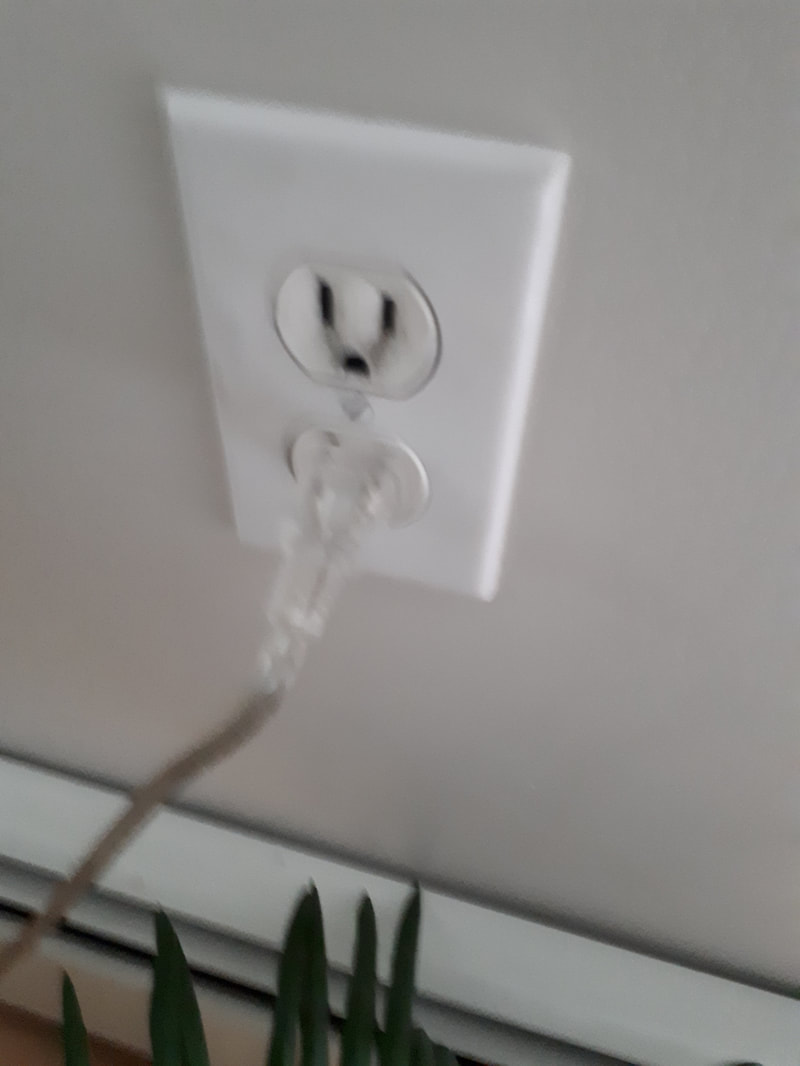
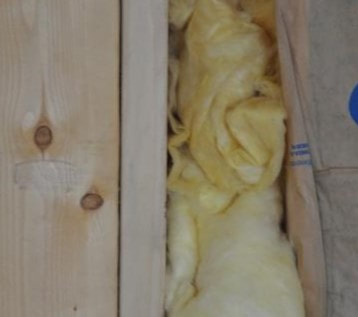
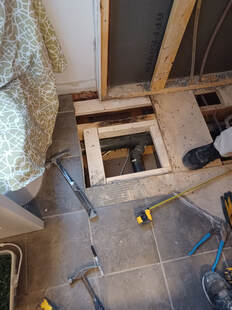

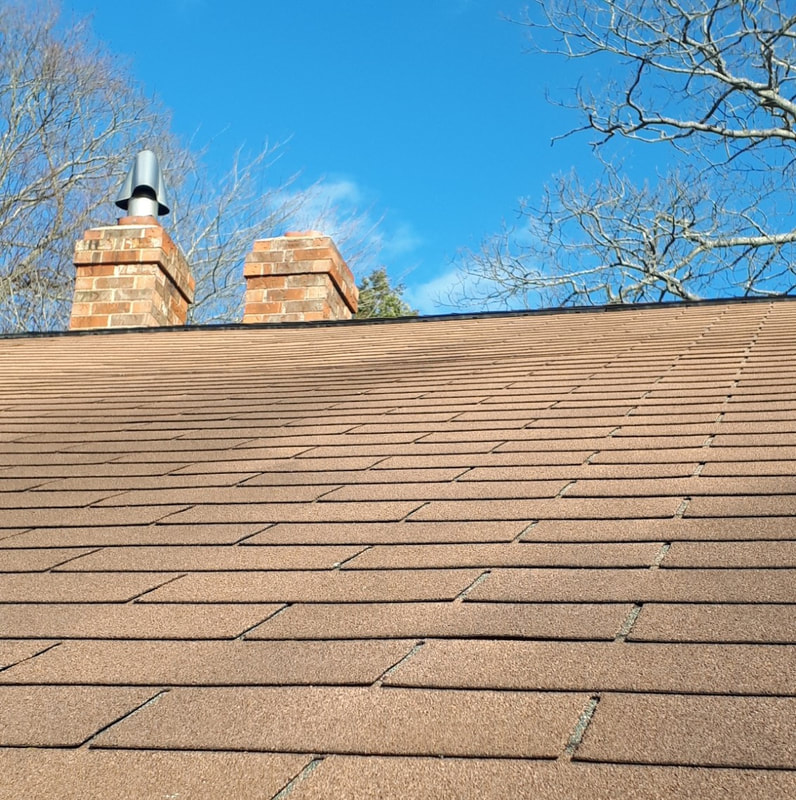
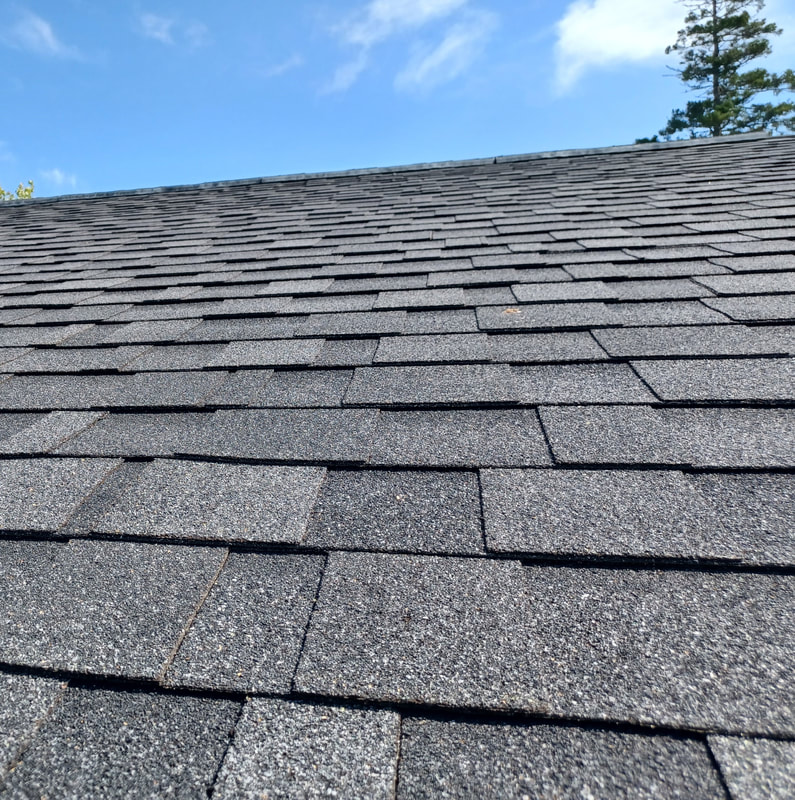
 RSS Feed
RSS Feed

